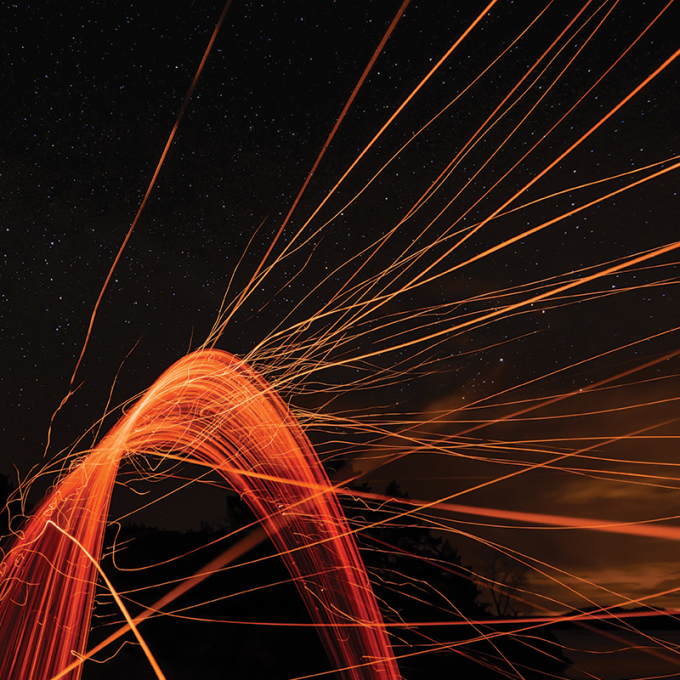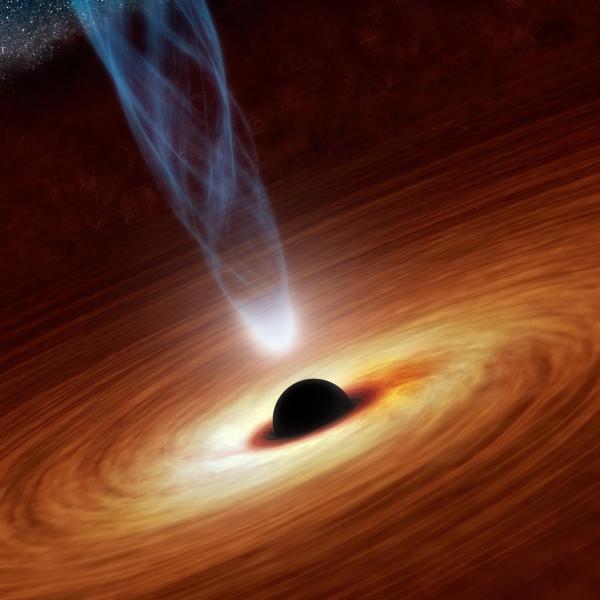Professor Ferrer studies the composition and evolution of the universe and the implications for cosmology of models of particle physics beyond the Standard Model of the strong, weak and electromagnetic interactions.
Ferrer focuses on the observable consequences of particle physics candidates for the dark matter composing galactic halos. He also studies the nature of the other main contributor to the energy budget of the universe, dark energy, in modifications to Einstein's theory of gravity such as string gas cosmology.
A wide variety of elementary particle physics models predict the presence of topological defects that would have formed during phase transitions in the early universe. Ferrer is interested in these nontrivial field configurations both from the point of view of theoretical quantum field theory and for the potential role that they could play in cosmology and astrophysics. For instance, a network of superconducting cosmic strings in the Milky Way plasma could be at the origin of the 511 keV line emission from the galactic center mapped by the INTEGRAL satellite. Also, the cosmic magnetic fields could have been created by non-perturbative processes in several stages of the evolution of the universe.
Ferrer also studies the origin of the cosmic rays with energies exceeding the threshold for photomeson production on the cosmic microwave background and has been a collaborator of the Pierre Auger Observatory. He searches for signatures in the energy and angular distribution of the events that can help in determining the sources for the highest energy cosmic rays.
Honors and Awards
| 2001-2003 | Marie Curie Fellowship of the European Commission |
| 1999 | Jordi Porta i Jué Award of the Catalan Physics Society |


